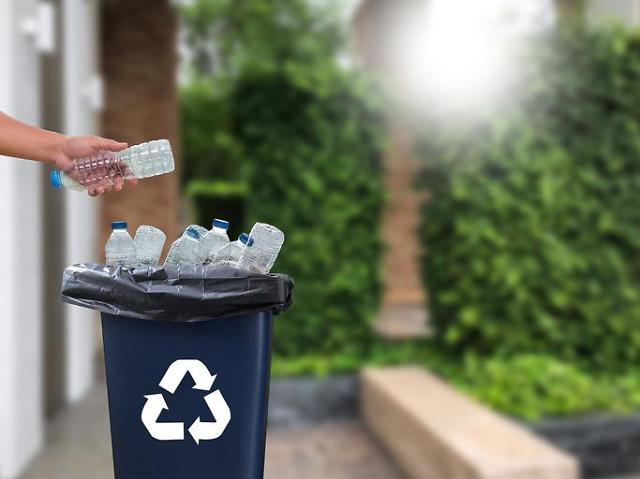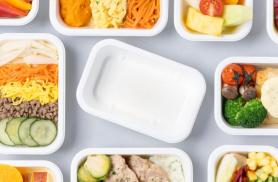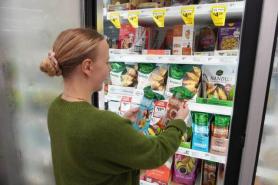
[Gettyimages Bank]
Pyrolysis is a time-taking process using extreme heat and pressure to break down long-chain hydrocarbon plastic waste into shorter-chain hydrocarbons that can be reused in the petrochemical industry as source materials including high-quality oil.
A supercritical water pyrolysis technique uses supercritical water heated above 373 degrees Celsius (703 degrees Fahrenheit) and pressurized above 220 bars. Supercritical water is not in a solid, liquid, or gaseous state. The supercritical pyrolysis process melts and softens plastic waste, making it easier for the super-heated, pressurized water to carry more energy when they cut through bonds between carbon atoms in seconds.
LG Chem said in a statement on January 18 that the company will collaborate with Mura Technology, a British supercritical water pyrolysis technology company, to build a pyrolysis plant in Dangjin some 80 kilometers (49.7 miles) southwest of Seoul by 2024. Grounds will be broken in 2022.
The supercritical water pyrolysis plant will have an efficiency of about 80 percent. If 10 tons of plastic waste is processed, 9 tons of recycled oil will be retrieved. LG Chem said that the company will decide whether to build more plants after analyzing the efficacy of the pilot plastic recycling factory.
According to data released by the United States National Academies of Sciences, Engineering, and Medicine, South Korea creates an annual average of 88 kilograms of plastic waste per capita. The Ministry of Environment has formed a task force involving research institutes, private companies and academics to popularize pyrolysis recycling.
In September 2021, SK Innovation became the first South Korean petrochemical company to use waste plastic pyrolysis oil for the production of petrochemical products. Hyundai Oilbank, a major refiner, revealed plans in November to use recycled oil to create eco-friendly naphtha. Naphtha is used to dilute heavy crude oil, reduce its viscosity and facilitate transport.
Copyright ⓒ Aju Press All rights reserved.




